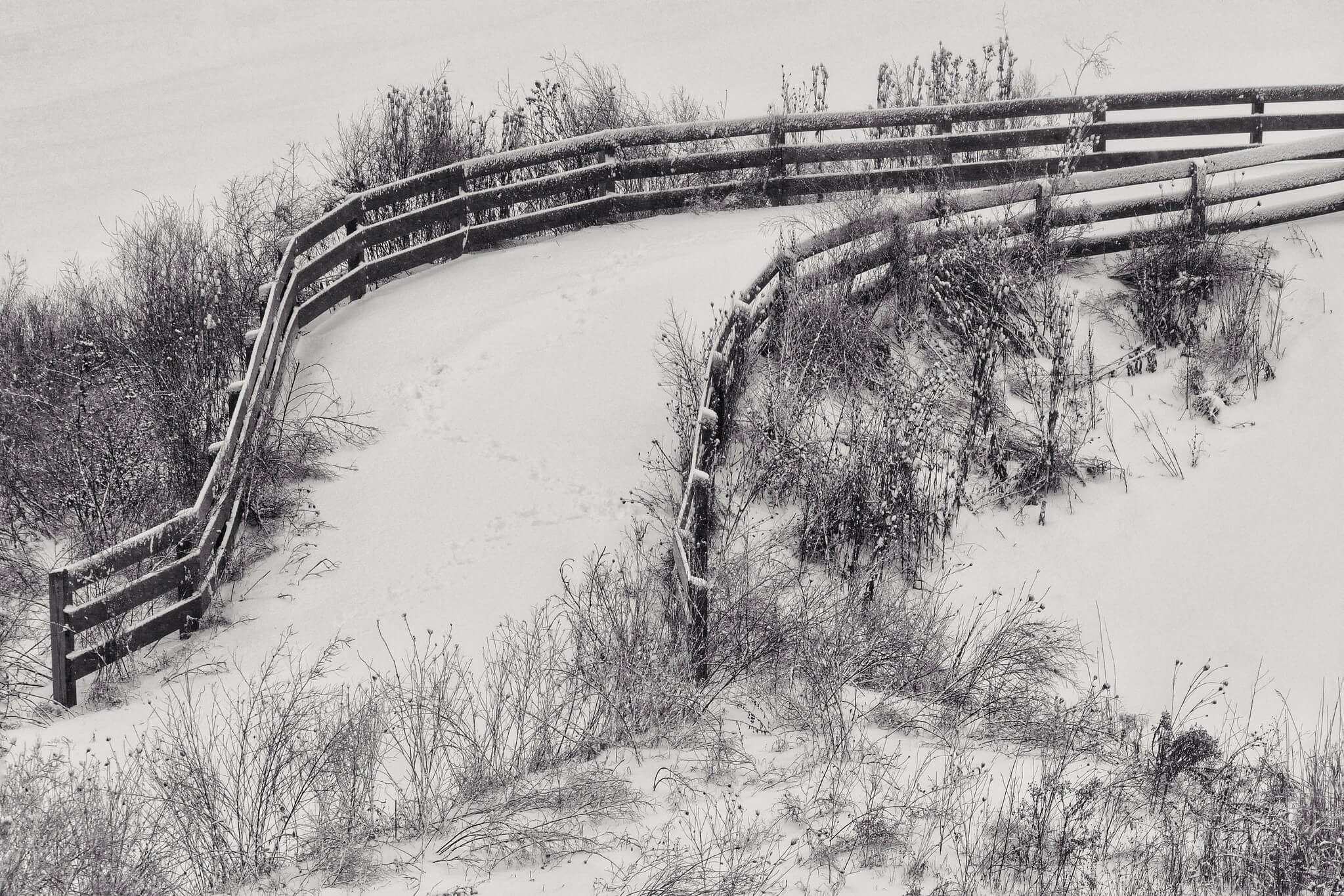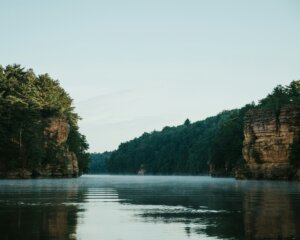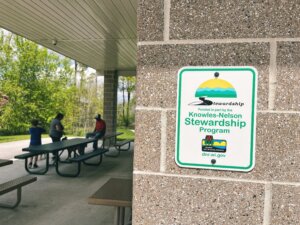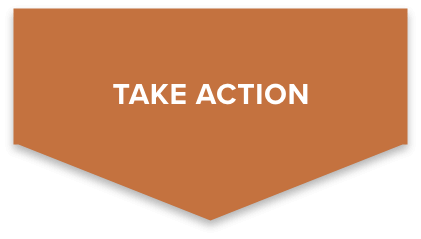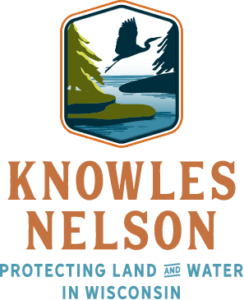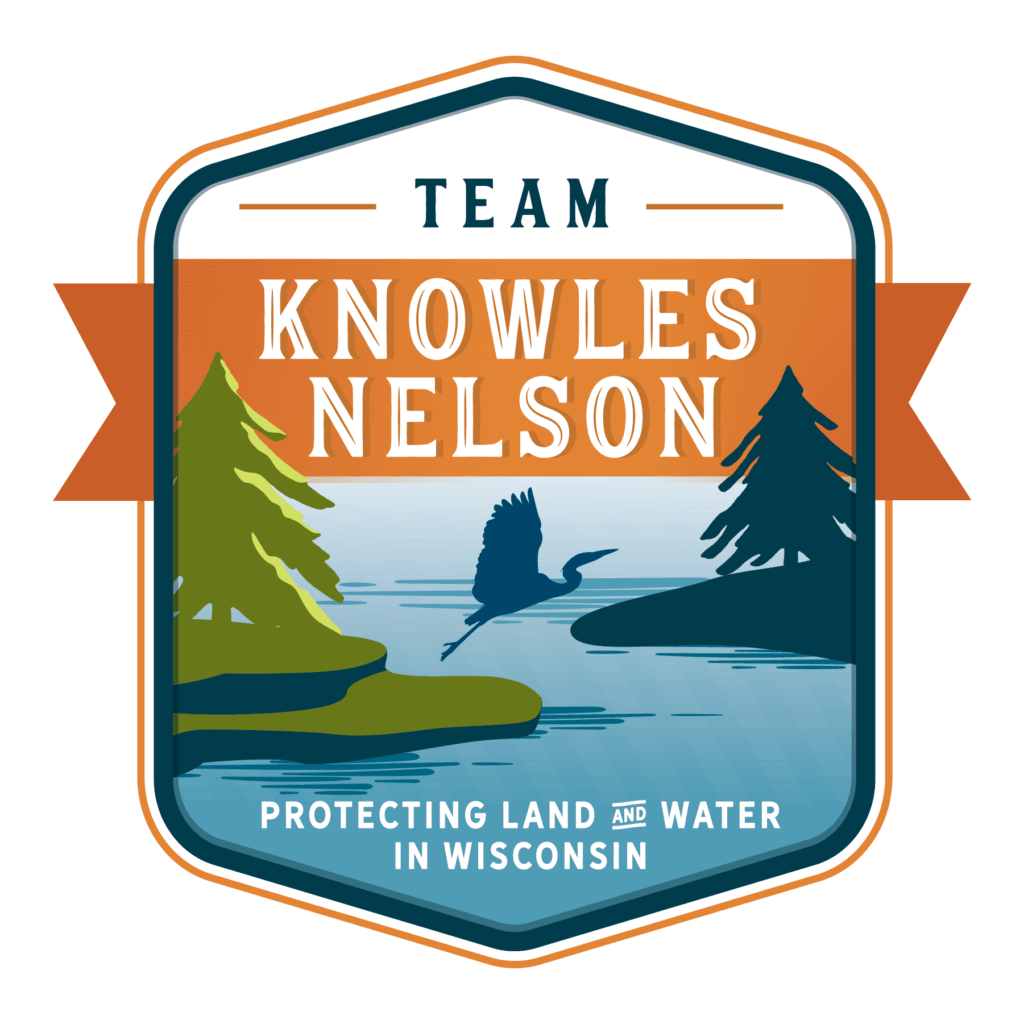Since the release of the proposed state budget, state representatives are showing their support of Gov. Evers’ budget provisions requiring greater transparency from the Legislature’s Joint Finance Committee (JFC) approval process for Knowles-Nelson Stewardship Program project funding, and raising the grant amount that triggers JFC review.
In an opinion piece in The Cap Times, Rep. Alex Joers (D-Middleton) shared his support for the provision that discontinues the JFC’s power that allows one legislator to derail a Stewardship project by objecting to it anonymously in the review process.
“Anonymous objections have been weaponized many times by the Republican majority, leaving conservation projects stalled… In fact, just since the beginning of 2019 there have been 27 objections to stewardship projects. Only nine projects for which objections were made were later approved after weeks or months of delay…” wrote Joers.
With the provision proposed by Gov. Evers, if a member of the legislature objects to a proposed Stewardship project, the legislator’s name and the reason for the objections must be made public.
Rep. Dave Considine (D-Baraboo) and the conservation organization, Wisconsin’s Green Fire, issued separate press releases commending Gov. Evers’ proposed budget for its conservation initiatives. They highlighted provisions for making the project review process for Knowles-Nelson Stewardship Program funding more transparent, citing broad citizen support for investing in conservation and Wisconsin’s public lands.
Rep. Considine emphasized the provision increasing the funding threshold that triggers legislative review of Knowles-Nelson projects from $250,000 to $500,000, as well as removing legislators’ ability to object to project funding anonymously.
“[The Knowles-Nelson Stewardship Program] is successful and shows how much we care about maintaining the state’s natural resources for all to enjoy,” Considine stated.
Fred Clark, Executive Director of Wisconsin’s Green Fire wrote, “This budget includes proposals responding to long-standing needs that are broadly supported by Wisconsin citizens, including funding for critical conservation programs, funding for state agencies, and funding reforms that make spending decisions on conservation more democratic.”
Featured image by Ken Mattison, 2020.

